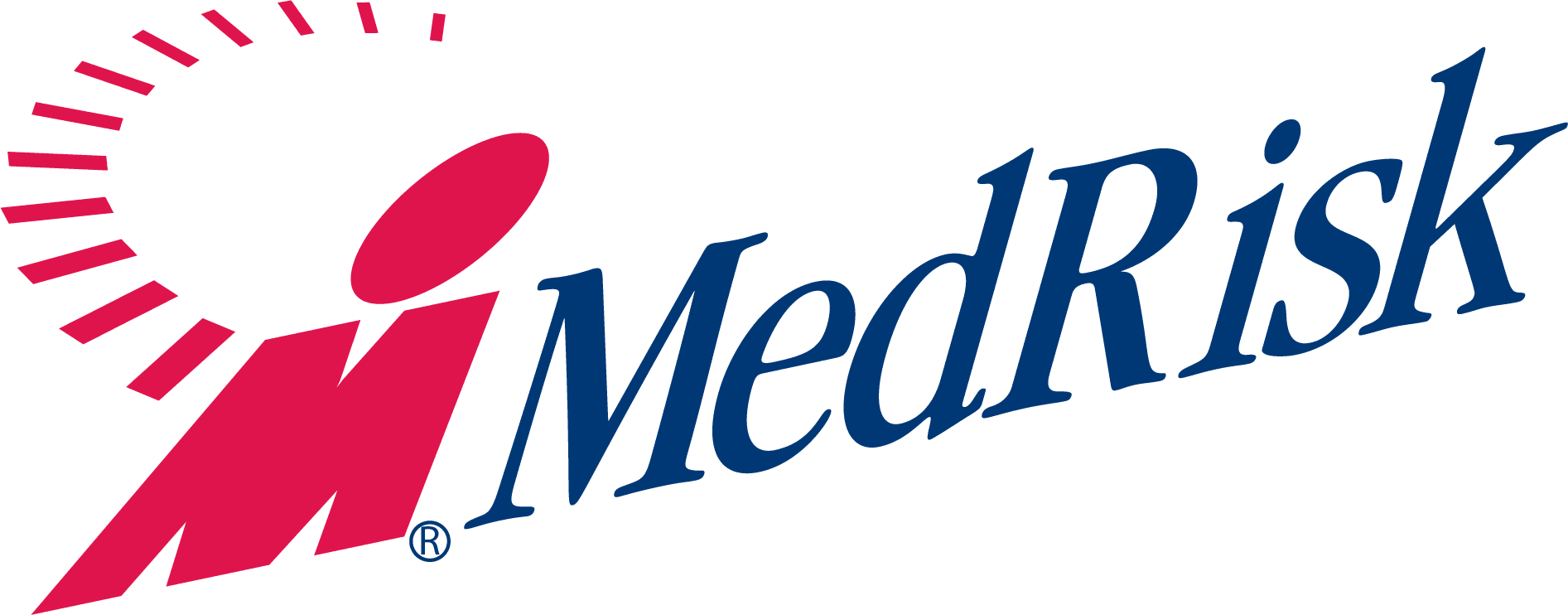How can PTs empower patients to self-manage their condition, even after their initial treatment has ended?
In a recent article published in the Journal of Orthopaedic and Sports Physical Therapy, Hutting et al contend that self-management strategies are integral to managing chronic musculoskeletal disorders and discuss how physical therapists (PTs) can provide self-management support throughout the course of treatment.
What types of self-management strategies are most effective when treating low back pain and other persistent musculoskeletal disorders? In their discussion, the authors recommend an individualized, holistic approach to self-management that addresses biomechanical, psychosocial and individual characteristics. Research has shown that while passive self-management approaches (e.g., hot packs) increase the likelihood of pain behavior and disability, active strategies (e.g., exercise) can decrease the probability of these experiences.
The authors recommend that PTs integrate self-management strategies into treatment by: (1) working with the patient to identify any barriers or goals they may have, (2) identifying strategies to reduce or avoid symptom exacerbation through problem solving, and (3) discussing ways to measure the effectiveness of self-management with the patient.
MedRisk supports an active, person-centered approach to treatment, beginning with a consultation prior to treatment. During the consultations, an on-staff PT is able to educate patients on the importance of physical therapy, describe what to expect and address any initial barriers to recovery.
To read the complete article, click here.
Hutting, N., Johnston, V., Staal, J. B., & Heerkens, Y. F. (2019). Promoting the use of self-management strategies for people with persistent musculoskeletal disorders: the role of physical therapists. journal of orthopaedic & sports physical therapy, 49(4), 212-215.



